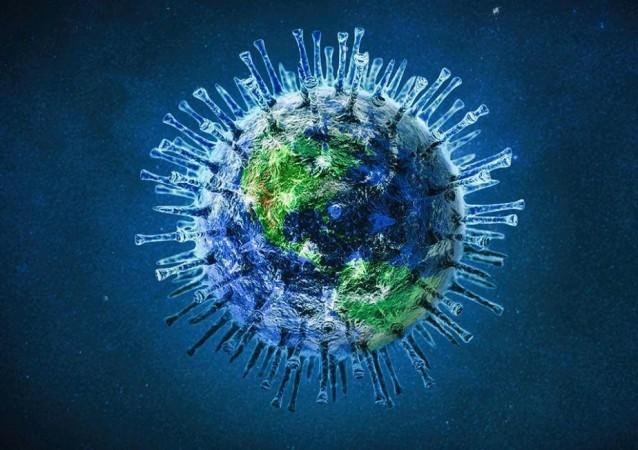As the second wave of coronavirus is wreaking havoc in India, the World Health Organization (WHO) has classified the Indian strain of Covid, named B.1.617 as the 'variant of concern'. WHO also added that the Indian variant is more transmissible than the original variant of Covid that initially originated from Wuhan.
Indian variant dangerous and transmissible
Maria Van Kerkove, the WHO's lead on the fight against Covid-19 revealed that the Indian variant has emerged as a concern at a global level. She also added that WHO's weekly epidemiological update on Tuesday will provide more details on the Indian variant of Covid.

"There is some available information to suggest increased transmissibility of the B.1.617. As such we are classifying this as a variant of concern at the global level," said van Kerkove.
B.1.617 was initially detected in India in October. Popularly known as the double mutant Covid strain, and it is actually a variant with two prominent mutations. The two most notable mutations in this variant are E484Q and L452R, and similar mutations were previously detected in California too.
The Indian variant has now emerged as the fourth strain which the WHO has classified as a variant of concern; the previous three being UK (B.1.1.7), Brazil (P.1), and South Africa (B.1.351).
India witnessing a slight dip in fresh cases
After recording more than 4,00,000 Covid positive cases in consecutive days, India is now witnessing a slight dip in fresh cases. On May 10, India witnessed over 3,69,000 positive cases and 3,876 Covid-related deaths.
In the meantime, top medical experts in the country have warned the central government regarding a possible third wave of coronavirus that could hit the country soon. However, the Principal Scientific Adviser to the Prime Minister informed the central government that it is impossible to predict the timeline of a possible third wave of Covid.

















